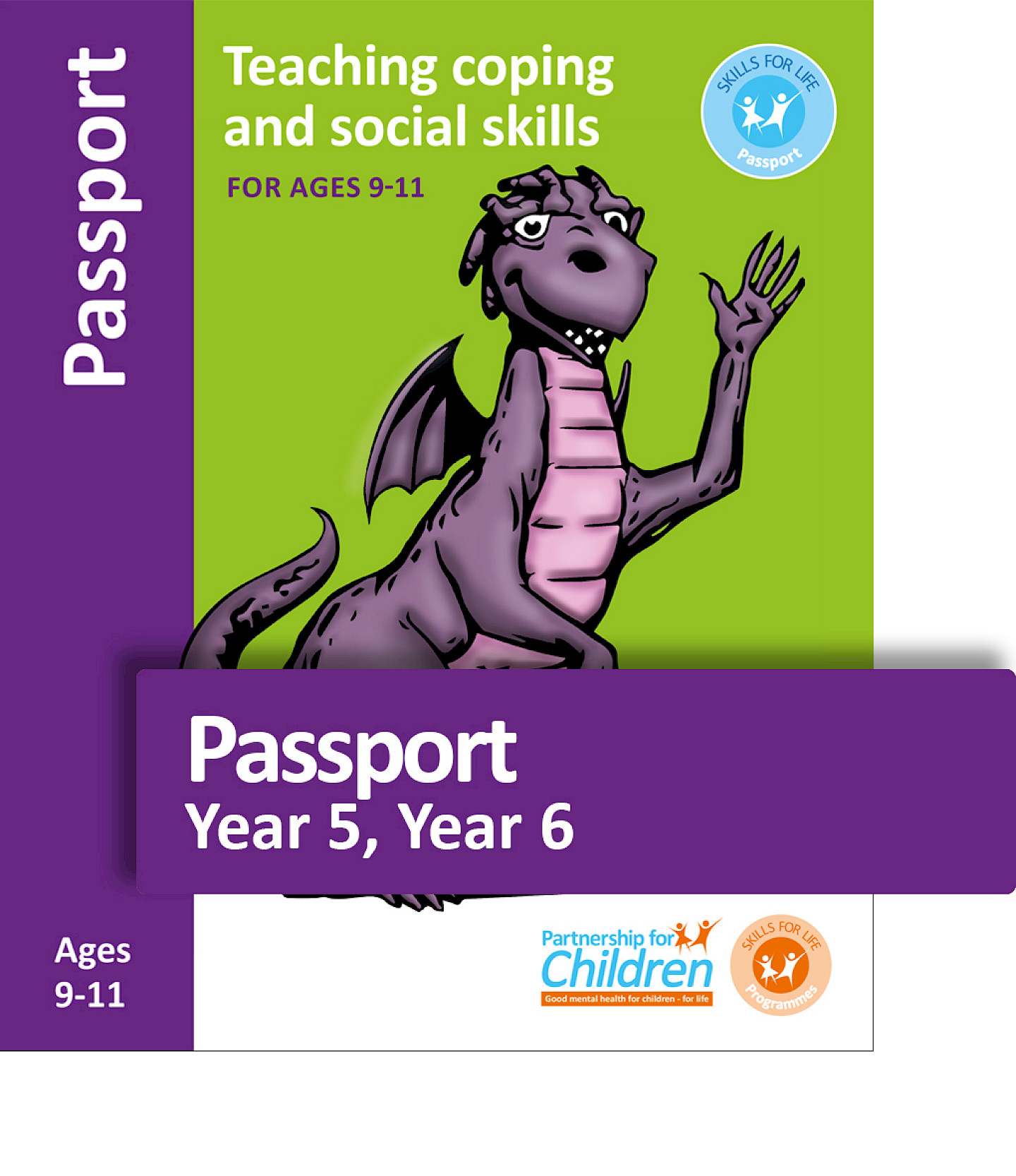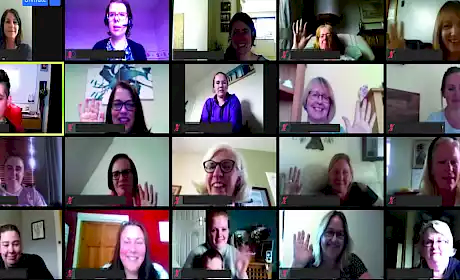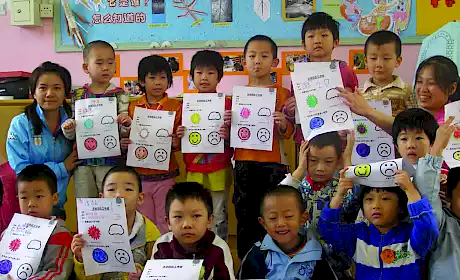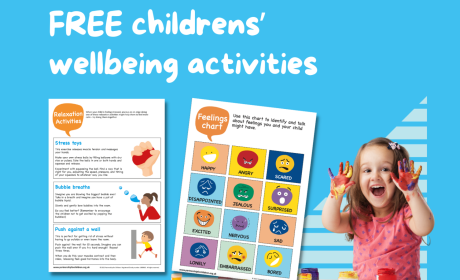Passport for 9-11 year olds
Passport is a social and emotional learning programme for 9-11 year olds which meets all elements of the Mental Wellbeing requirements of the statutory guidance for Relationships and Health Education for primary schools.
Passport has 18 sessions of 55 minutes and is based around a series of engaging comic strip stories which follow the adventures of Olya and Milo as they discover a secret world of fantastical creatures in the company of their friend, Elly the dragon. Read about the evidence behind Passport and the impact the programme has had on children and teachers.
The five modules cover:
- Emotions
- Relationships
- Difficult Situations
- Fairness, Justice and What is Right
- Change and Loss
Children develop their own positive strategies to deal with problems through engaging activities: reading the comic strips, discussion, role-play and games. They use the colourful game board to find as many solutions as possible. There are also Home Activities to reinforce learning at home with the family.
Evaluation found Passport improves children’s coping skills, social skills, emotional literacy, and academic skills.
Passport was created by Professor Brian Mishara at the University of Quebec at Montreal, who was also involved in the development of Zippy’s Friends. The programme is based on the same theory as Zippy’s Friends and Apple’s Friends – the concept of coping – but looks quite different.
Staff who would like to deliver the Passport programme need to complete an online training session and purchase a subscription to the Passport resources on the Skills for Life online teaching platform.
-
See a sample session of Passport
- Are you based outside the UK? Find out about our work with international partners
Take a look at our other programmes:


Online Training
Interactive training includes:
- Philosophy and theory behind each programme
- Programme concepts and implications for children’s wellbeing
- Structure and content of each programme and the materials used to deliver it
- How to use the programmes as part of a whole school approach to mental wellbeing

International Partners
The Skills for Life programmes run in a wide variety of countries and cultures across the globe. Our partner organisations range widely in size and character, from government departments and large NGOs to small voluntary agencies and academic institutions.

FREE Wellbeing Activities
These FREE wellbeing activities for schools, children and families are based on the Skills for Life programmes. The activities are designed to help children process feelings, communicate effectively, cope with their anxieties and difficulties and deal with change and loss. Activities can be downloaded and adapted for younger or older children and children with SEND.